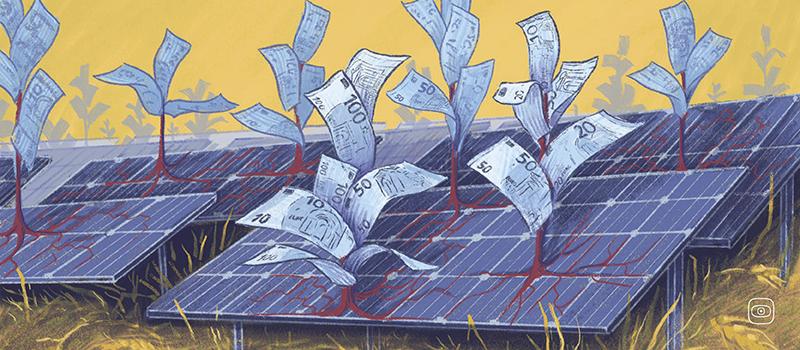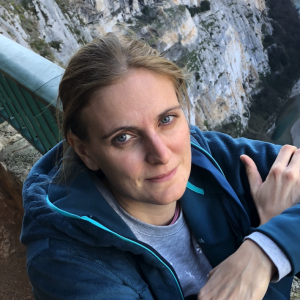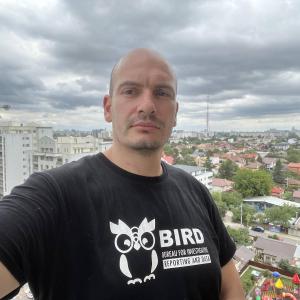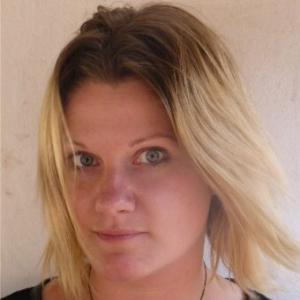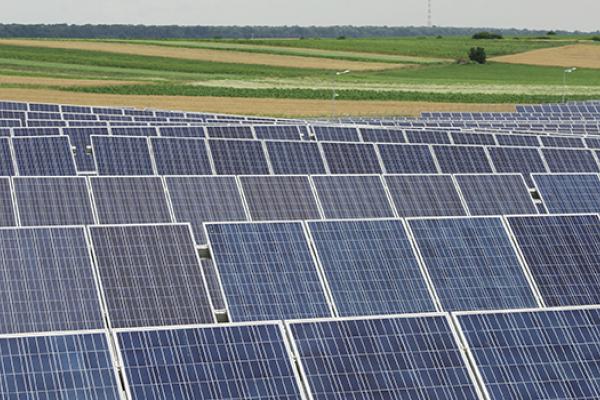The need to reduce greenhouse emissions, and Europe’s dependence on fossil fuels, has determined EU’s ambitious targets on renewable energy. Member states are forced towards becoming climate neutral. In September 2023, the European Parliament set a new target - 42,5% of renewable energy sources by 2030. The Romanian and Bulgarian journalists teamed up to investigate the theft of lands that are used to build photovoltaic plants.
Journalists from Romania discovered how fertile lands have been declassified in order to clear the way for photovoltaic projects. The state preferred to bend its laws in order to achieve European targets, over defending its farmers and rich agricultural lands. A Romanian senator and also a green energy investor even tried to change the law in order to acquire more land for photovoltaic projects. By using his political influence to the local authorities, his investments have settled on green pastures, leaving animal farmers with no land.
Another Romanian MP is building 70,000 solar panels on fertile land that have been cultivated with wheat until 2024. The land has been downgraded on paper in order to make room for the photovoltaic park. Romania’s agricultural lands, already dealing with desertification and degradation, now face a new risk: the insatiable greed of so-called green energy investors. Meanwhile, the Government decided to dismantle its only “guardian of fertile agricultural land”. The institution that owns all the data regarding the quality of soil is being merged to extinction with the Ministry of Agriculture County Departments.
The same phenomena is happening in the neighboring countr: the Bulgarian journalists investigated how the largest photovoltaic park in the Balkans is being built on stolen agricultural land and illegally logged forests. Employees of the Municipal Council in Pazardzhik are being investigated. Following this story, the journalists have discovered crimes against the environment, political corruption and misuse of public funds. These crimes, according to the investigation, were carried out with the help of the local authorities and the prosecutor's office. Currently, the largest photovoltaic park in the Balkans is built on stolen agricultural land and illegally logged forest. The work on this investigation goes through the analysis of numerous court documents. Dozens of court cases related to land theft in the Pazardzhik region are under investigation. The journalists also looked to what appears to be illegal practices of the municipal council in Pazardzhik, holding numerous meetings with informants. Dozens of plots of land that were illegally occupied were investigated.
Illustration by Roma Gavrilă.
